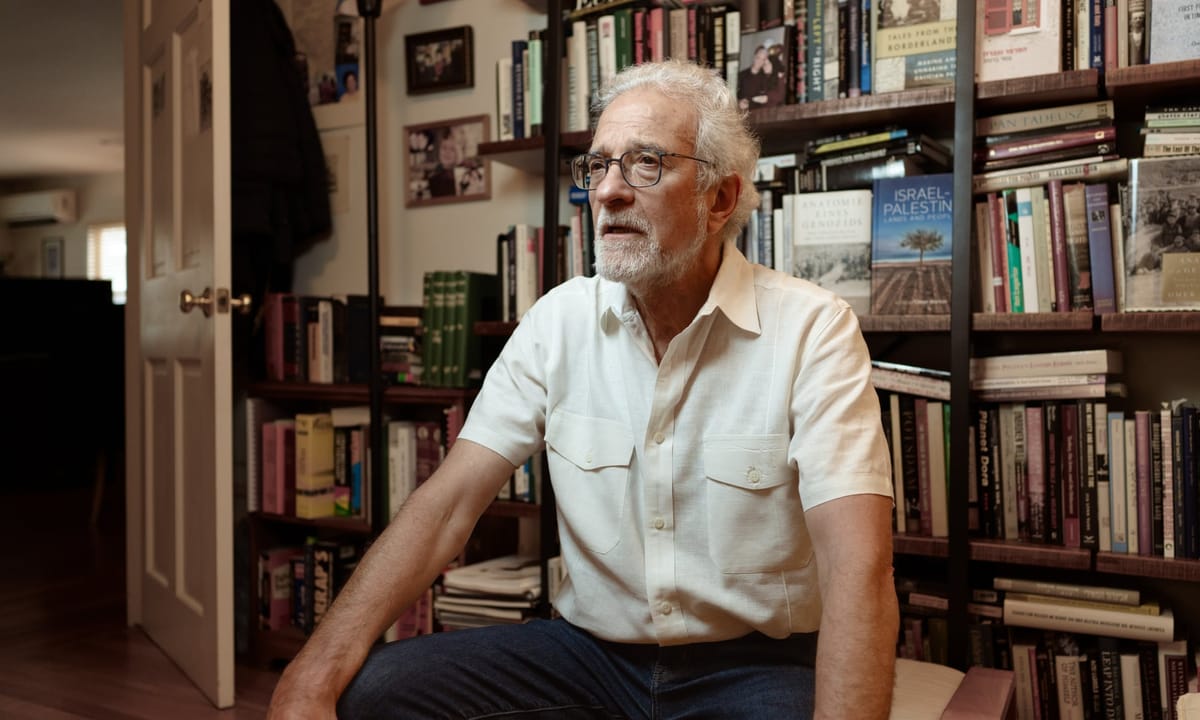Read This: The Role of Memory and History in the Israel-Gaza Conflict
Historian Omer Bartov discusses the historical roots and cyclical nature of the Israel-Gaza conflict in an insightful interview with The Guardian.

In a compelling interview with The Guardian, historian Omer Bartov offers a nuanced perspective on the ongoing Israel-Gaza conflict, drawing on his deep understanding of history and human nature. Conducted by Julian Borger, the conversation explores how historical events and narratives shape the present-day realities of the region.
“Both Israelis and Palestinians are trapped in narratives of victimhood that hinder reconciliation.”
Bartov, known for his expertise in Holocaust studies and modern genocides, delves into the cyclical nature of violence and the ways in which history is both remembered and manipulated. He argues that the deep-seated animosities fueling the Israel-Gaza conflict are rooted in long-standing historical grievances, often exacerbated by political and ideological forces. Bartov emphasizes that understanding these historical contexts is crucial for any hope of resolving the conflict.
The interview also touches on the role of memory and trauma in perpetuating the cycle of violence. Bartov suggests that both Israelis and Palestinians are trapped in narratives of victimhood that hinder reconciliation. This historical lens provides a sobering reminder of the complexity of the conflict and the challenges of achieving lasting peace.





